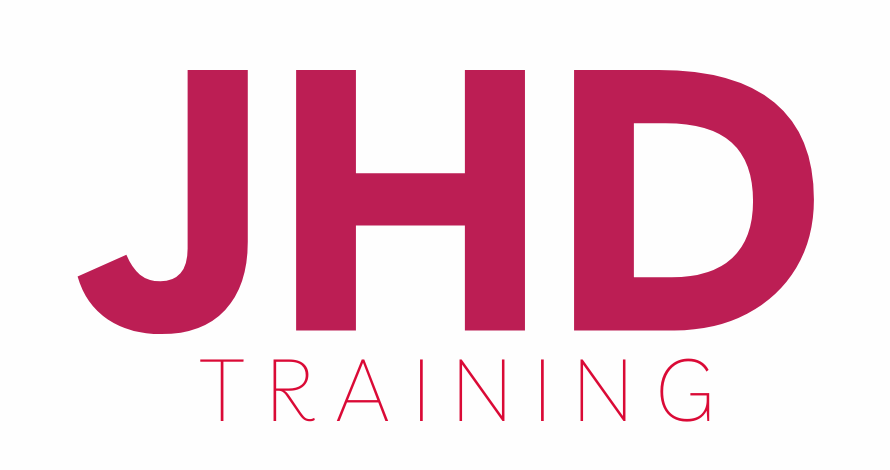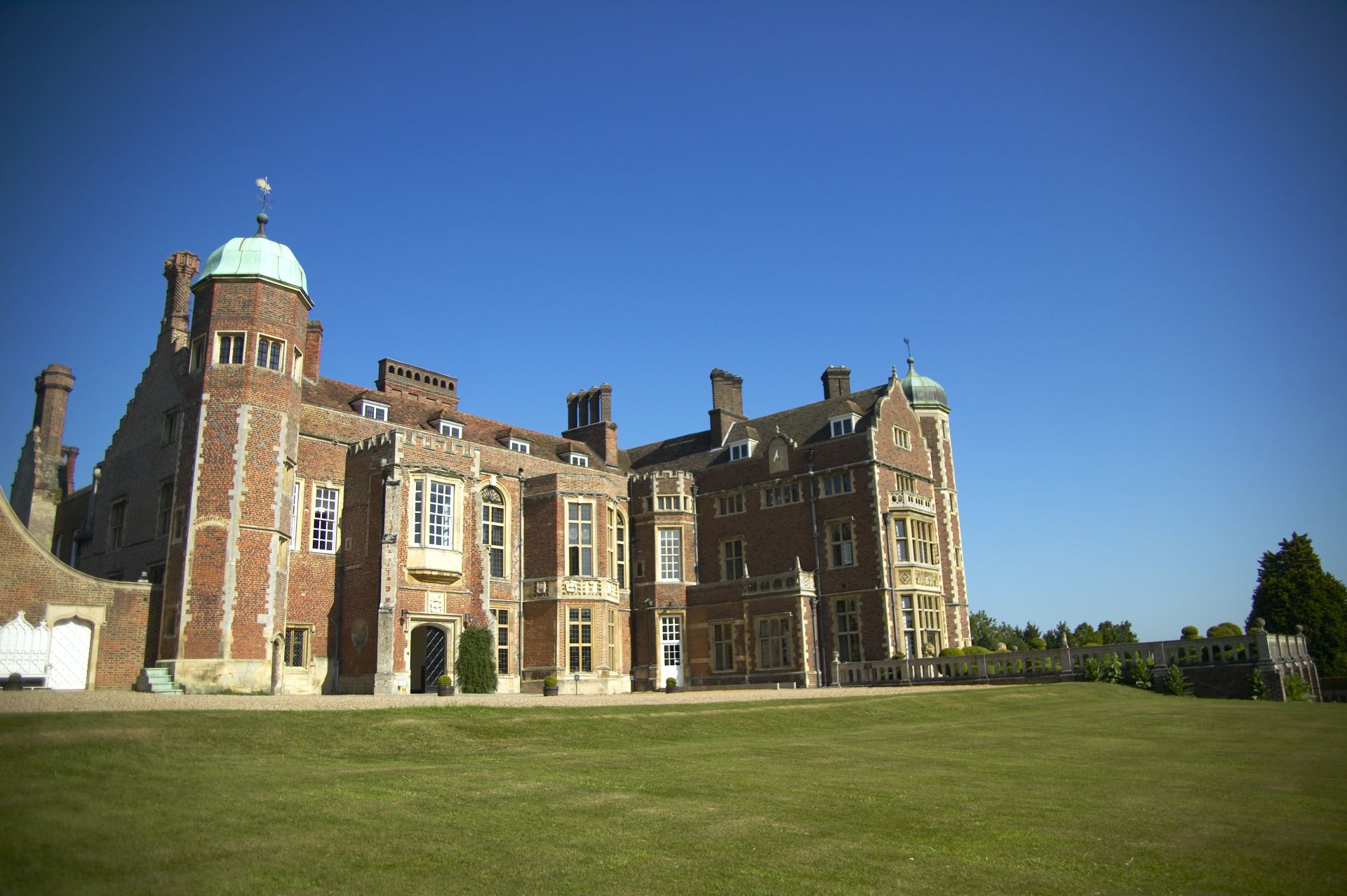Level 3/4 Certificate & Diploma in Counselling
Our Level 3/4 Certificate & Diploma in Counselling course is essential for anyone wishing to become a qualified counsellor. This is a two year course which will ensure you are a fully qualified counsellor upon completion. During the first year of this course you will develop a range of counselling skills within the three main theoretical models to begin, maintain, and end a counselling process. Learn to understand the key features of a range of approaches within the 3 main theoretical models of counselling, whilst developing an increased awareness of self in relation to working as a counsellor. The second year will see you develop a core Humanistic model, complete a unit on working with children and young people, prepare you to work safely and ethically with clients, explore working within a counselling organisation, continuing to develop your self-awareness and provide you with supervision.
Write your awesome label here.
-
LevelIntermediate/ advanced
-
Total course time390 hours over two years
-
-
Entry requirements19+
-
Units9
-
Why learn with JHD?
Course Details
Progression
Contact us
Year 1 Course Content
Year 2 Course Content
- Success story
Name
Write your awesome label here.
Meet our training team
Brenda Soar
TRaining Lead
Sara Stevens
Senior Tutor
Thomas Marty
Senior tutor
Isha Mehta
Level 3/4 Tutor


